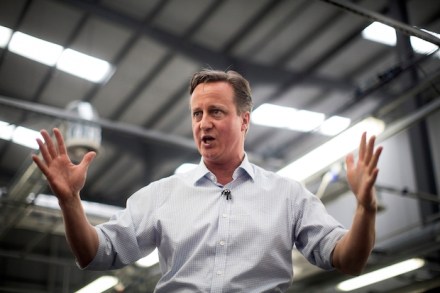Europe’s great game
[audioplayer src=”http://rss.acast.com/viewfrom22/angelamerkel-sburden/media.mp3″ title=”Fredrik Erixon and James Forsyth discuss the challenges facing Angela Merkel” startat=36] Listen [/audioplayer]For generations, ambitious politicians have dreamed about having the power to run Europe — but as Angela Merkel can attest, it’s a horrible job. She didn’t want to end up with the continent’s problems on her shoulders, but things have ended up that way. The Greek economic implosion, the seemingly unstoppable wave of immigrants from north Africa, the menace of Russian aggression, the euro crisis — all the multiple, interconnected, crises battering Europe have ended up as Merkel’s problem. The Queen will no doubt leave Germany this week thinking what every other leader in Europe




















